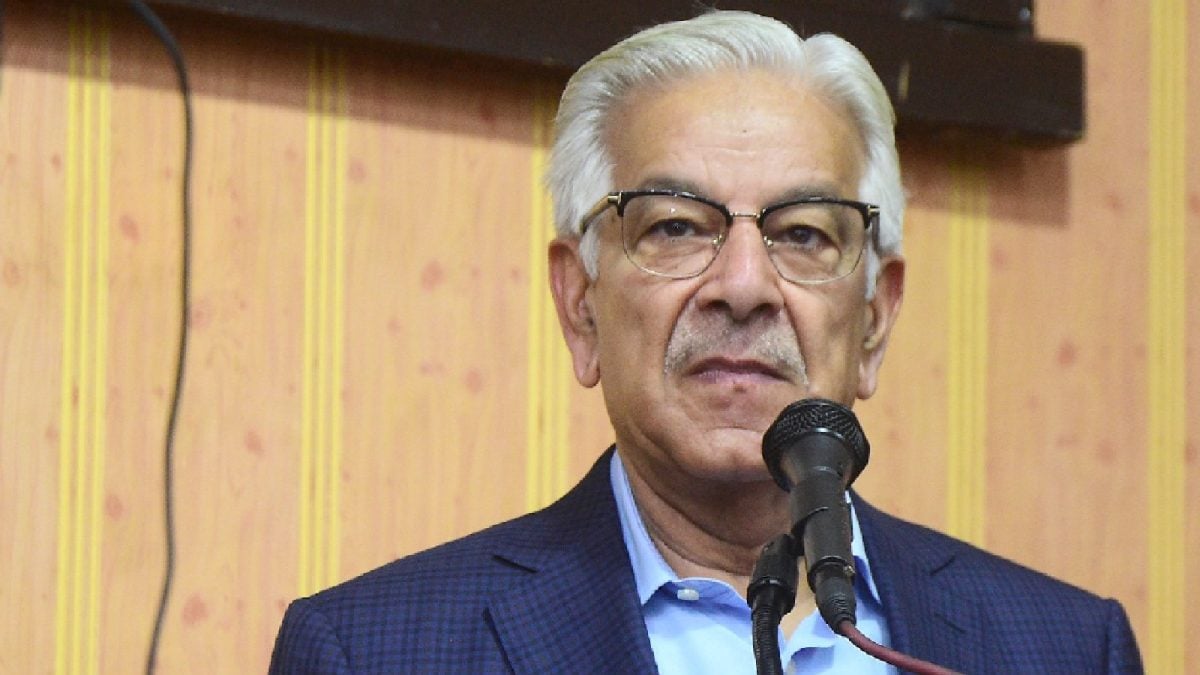ARTICLE AD BOX
Last Updated:November 01, 2025, 18:02 IST
The US-based International Republican Institute (IRI) and National Democratic Institute (NDI) have resumed activities locally as Bangladesh heads for general elections in 2026.

Bangladesh is preparing for its upcoming general election in 2026 after the fall of Sheikh Hasina's government last year. (Reuters/File Image)
As Bangladesh approaches its general elections in February, two foreign non-governmental organisations have resumed activities locally under the garb of “capacity building’, ‘electoral assistance’ and ‘democracy promotion’, sparking concerns over sovereignty and political interference.
According to an article by the Daily Observer, the US-based International Republican Institute (IRI) and National Democratic Institute (NDI) are active as politically sensitive Bangladesh heads for elections. Their involvement with political parties, civil society groups, NGOs and media dates back to the 1990s.
Their funding largely comes from US government-linked sources like the National Endowment for Democracy (NED) and the United States Agency for International Development (USAID), which have played controversial roles in countries like Ukraine, Venezuela and Myanmar.
Their Role In Bangladesh
The role of the foreign NGOs in Bangladesh has been met with scepticism. During the 2000s and early 2010s, government authorities restricted or suspended their operations at various points, citing “unwarranted political interference" and threats to national security.
Despite these restrictions, reports suggest that both institutions are expanding their footprint in funding youth leadership programmes, collaborating with other NGOs and journalists and preparing to field election observers. These activities in a hyperpolarised political environment appear far from neutral.
Concerns Over Political Interference
Through entities like the NDI and IRI, the United States is attempting to strengthen its influence in Bangladesh to compete with China’s Belt and Road Initiative (BRI). This has increased concerns over sovereignty and political interference, as such NGOs provide the US a potent tool to shape political norms, empower certain groups and cultivate long-term ideological alignment, according to the Daily Observer.
These foreign NGOs can shape what “acceptable democracy" looks like, while privileging political actors aligned with Western norms and marginalising other local actors. By partnering with local media and civil society, foreign NGOs shape the language of democracy-framing governance debates in ways that echo the policy narratives of the US.
Why It Matters?
The article underscores the risk of external interference in a country’s political ecosystem, saying it will erode trust in democratic institutions once a perception is created that elections are being “managed" rather than being genuinely contested.
Additionally, the involvement of foreign NGOs can amplify internal political polarisation, where parties may accuse each other of being “foreign-backed" or “anti-sovereign", deepening divides. This also amplifies existing divisions and invites further instability, which then justifies continued foreign presence “to stabilise democracy."
How To Counter External Division?
In order to counter external division, all foreign-funded organisations should disclose their funding sources, project scopes, and partner affiliations to maintain transparency and regulation, as per the Daily Observer. Election-related programmes, including training, civic engagement, or observation, must operate under clear legal frameworks set by the Election Commission.
Furthermore, domestic institutions need to be strengthened to counter undue external influence. This necessitates a transparent Election Commission, an empowered civil society and an independent media to uphold democratic norms without external supervision.
The article states that Bangladesh should invest in its own civic training programmes and adopt strategic diplomacy, while rejecting paternalism, in order to prevent foreign governments from steering its own political process. The upcoming election will test Bangladesh’s capacity to manage both internal and external pressures.

Aveek Banerjee is a Senior Sub Editor at News18. Based in Noida with a Master's in Global Studies, Aveek has more than three years of experience in digital media and news curation, specialising in international...Read More
Aveek Banerjee is a Senior Sub Editor at News18. Based in Noida with a Master's in Global Studies, Aveek has more than three years of experience in digital media and news curation, specialising in international...
Read More
Location :
Dhaka, Bangladesh
First Published:
November 01, 2025, 18:02 IST
News world How US-Linked Foreign NGOs Are Impacting Bangladesh's 2026 National Elections
Disclaimer: Comments reflect users’ views, not News18’s. Please keep discussions respectful and constructive. Abusive, defamatory, or illegal comments will be removed. News18 may disable any comment at its discretion. By posting, you agree to our Terms of Use and Privacy Policy.
Read More

 15 hours ago
5
15 hours ago
5








 English (US) ·
English (US) ·